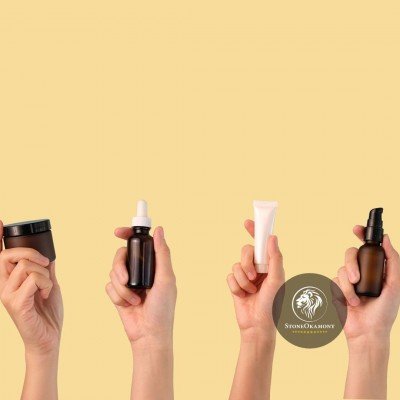 Regulation of beverage industries at mapa
Regulation of beverage industries at mapa
The regulation of a beverage industry involves a series of steps and regulations to ensure that the production, distribution, and marketing of these beverages comply with legal and food safety requirements. In today's blog, we will discuss some of the key steps and considerations involved in the process of regulating a beverage industry.
What you will find in this blog:
Which types of beverages require regulation with MAPA?
Regulation at the Ministry of Agriculture, Livestock, and Supply (MAPA) in Brazil primarily applies to beverage industries related to agriculture. This includes alcoholic beverages (such as beer, wine, cachaça), non-alcoholic beverages (such as juices, soft drinks), coffee-based beverages, and fruit-based beverages. These industries must adhere to specific MAPA regulations, which may vary over time.
Why is it important to regulate a beverage industry with MAPA?
The regulation of a beverage industry at the Ministry of Agriculture, Livestock, and Supply (MAPA) is essential for several reasons:
- Legal Compliance: Ensures compliance with government laws and regulations, avoiding fines and business closure.
- Food Safety: Protects consumers from improperly processed or contaminated products.
- Product Quality: Ensures that products meet standards of taste, texture, and composition.
- Traceability: Facilitates the identification and resolution of food safety issues.
- Brand Protection: Builds a reputation for reliability and quality.
- International Trade: Facilitates exports by complying with international standards.
- Social and Environmental Responsibility: Involves sustainable practices and waste management.
In summary, MAPA regulation ensures the legality, quality, safety, and responsibility of the industry, protecting consumers and promoting sustainability.
What are the main steps and requirements involved in the process of regulating beverages with MAPA?
The process of regulating beverages at the Ministry of Agriculture, Livestock, and Supply (MAPA) in Brazil may vary depending on the type of beverage and the complexity of the industry, but it generally involves the following steps:
Licensing: Depending on the location of your industry, you may need to obtain state or municipal licenses in addition to MAPA authorizations. Check with local authorities for specific licensing requirements.
- Registration with SISBI-POA: For animal-derived products, such as dairy or beverages containing animal-derived ingredients, registration with the Brazilian System of Inspection of Animal-Origin Products (SISBI-POA) is necessary.
- Design and Facilities: It is important to have adequate facilities that meet hygiene and food safety standards. A technical project describing the facilities and processes may be required.
- Laboratory Analysis: Depending on the type of beverage, laboratory analyses may be necessary to verify compliance with quality and safety standards established by MAPA.
- Product Registration: Each beverage you plan to produce must be registered with MAPA, with detailed information about ingredients, production processes, labels, and packaging.
- Ongoing Compliance with Regulations: It is crucial to stay updated with constantly evolving regulations and ensure ongoing compliance to avoid legal issues and protect consumer health.
Need assistance?
Stone Okamont offers an efficient solution for companies seeking to regulate their beverages with MAPA. With a specialized team and over 25 years of experience, they streamline the often time-consuming and detailed process. Their personalized approach and use of experts in each company's field of operation make the process more cost-effective and faster, reducing bureaucracy and simplifying Product Registration.
Want to know the ideal path
FOR YOUR COMPANY?
Request a quote here.






